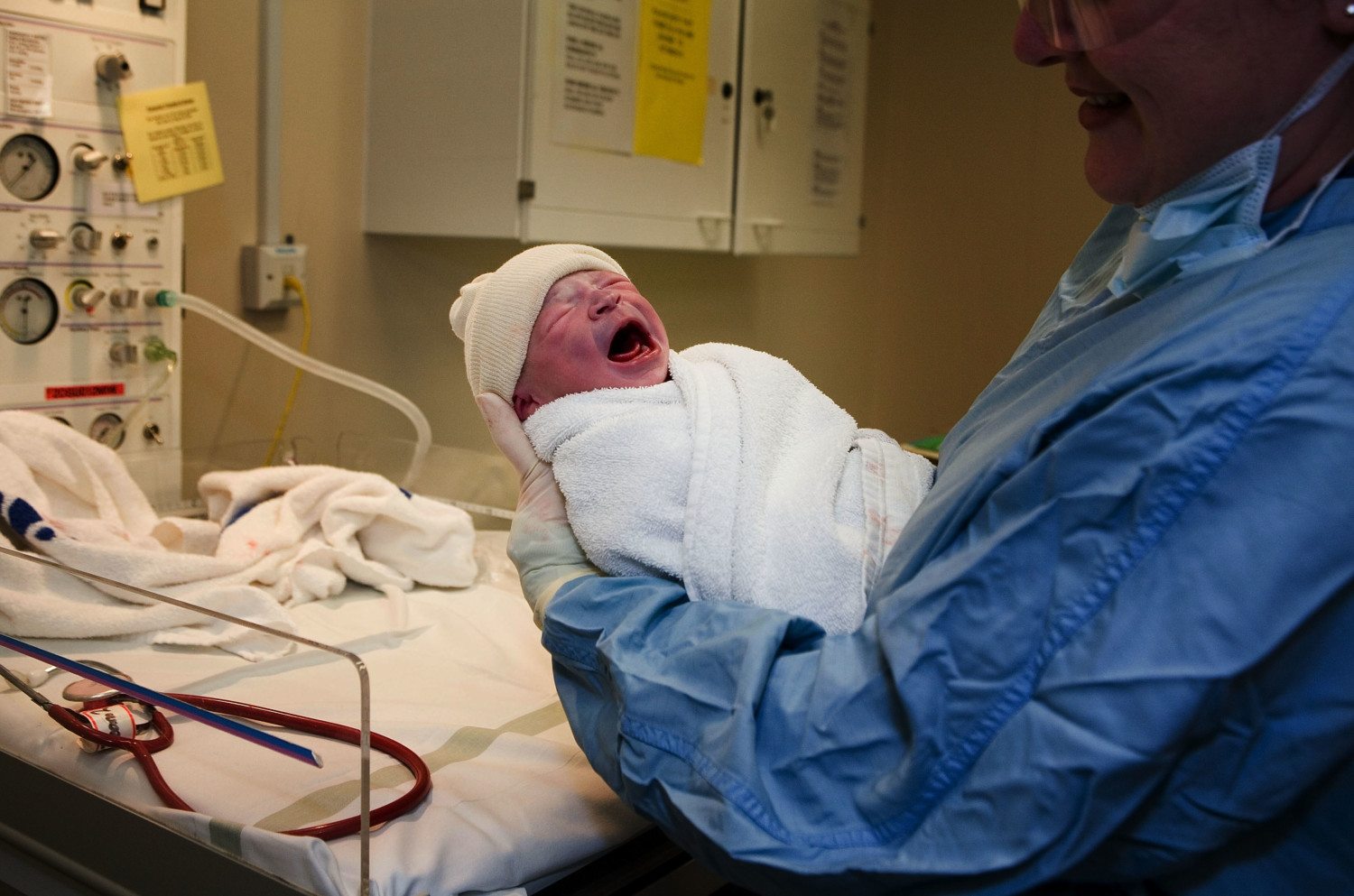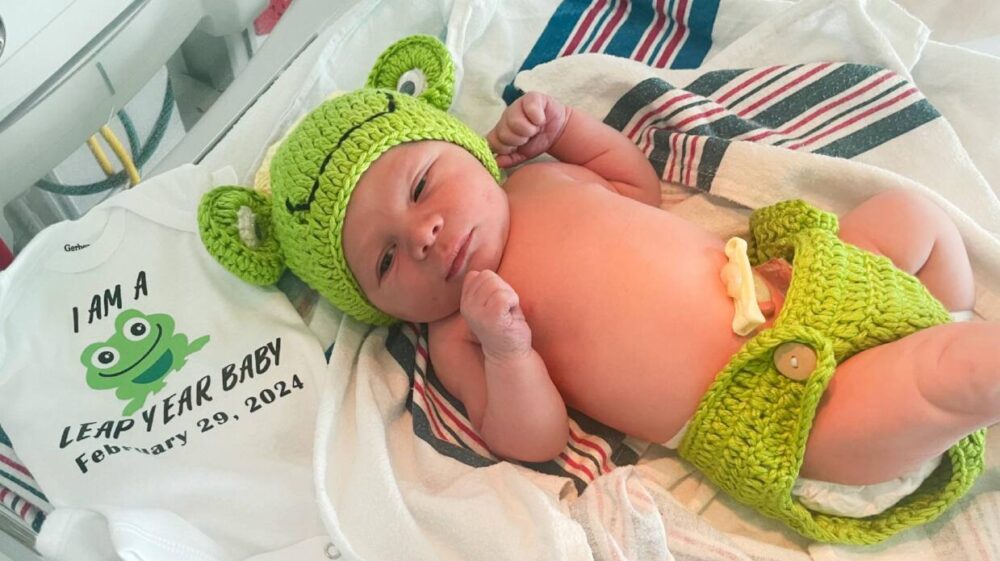New study finds epidurals do not prolong labor

The decision of whether or not to get an epidural during childbirth has long been an issue pregnant women have struggled with. While there are certainly pros and cons to both choices, one common reason for foregoing an epidural is now being debunked. Many physicians do not like to give an epidural during the late stages of delivery because they believe it lengthens the duration of labor. However, according to a new study, that assumption is wrong.
Published in the journal Obstetrics & Gynecology, the study found that the administration of an epidural had no clinically significant effect on the length of labor. The study looked at the experiences of 400 women in labor, who randomly received either a standard anesthetic or saline solution in an identical container.
Neither the patients nor doctors knew who was receiving which. The average time from full dilation of the cervix to delivery was nearly identical in both groups: 51 minutes for those who had received saline, and 52 minutes for those who got the epidural.
In addition, there was no significant difference between the two groups in the number of cesarean sections, episiotomies or use of forceps in delivery.
Now clinicians are questioning the long-held belief that epidurals should be avoided after a certain point in labor in order to prevent it from being prolonged beyond what is necessary.
“Turning off the anesthesia won’t help,” Dr. Philip E. Hess, an associate professor of anesthesia at Harvard and senior study author, told The New York Times. “If you decide you want an epidural for pain relief, you should not be concerned that it’s going to prevent a vaginal delivery or cause any negative effect on labor.
One big difference between the two groups of laboring mothers that is worth noting? The women in the study who received the epidural expressed greater satisfaction with their pain control.
“Twice as many women given the placebo reported lower satisfaction with their pain relief compared to those provided the anesthetic,” Hess told the Harvard Gazette. “Ethically, if epidural medications result in a negative effect on the second stage of labor, one could argue that a mild increase in maternal pain could be balanced by a successful vaginal delivery. We didn’t see any negative effects, but epidural analgesia in the second stage of labor remains controversial and merits follow-up studies.”







